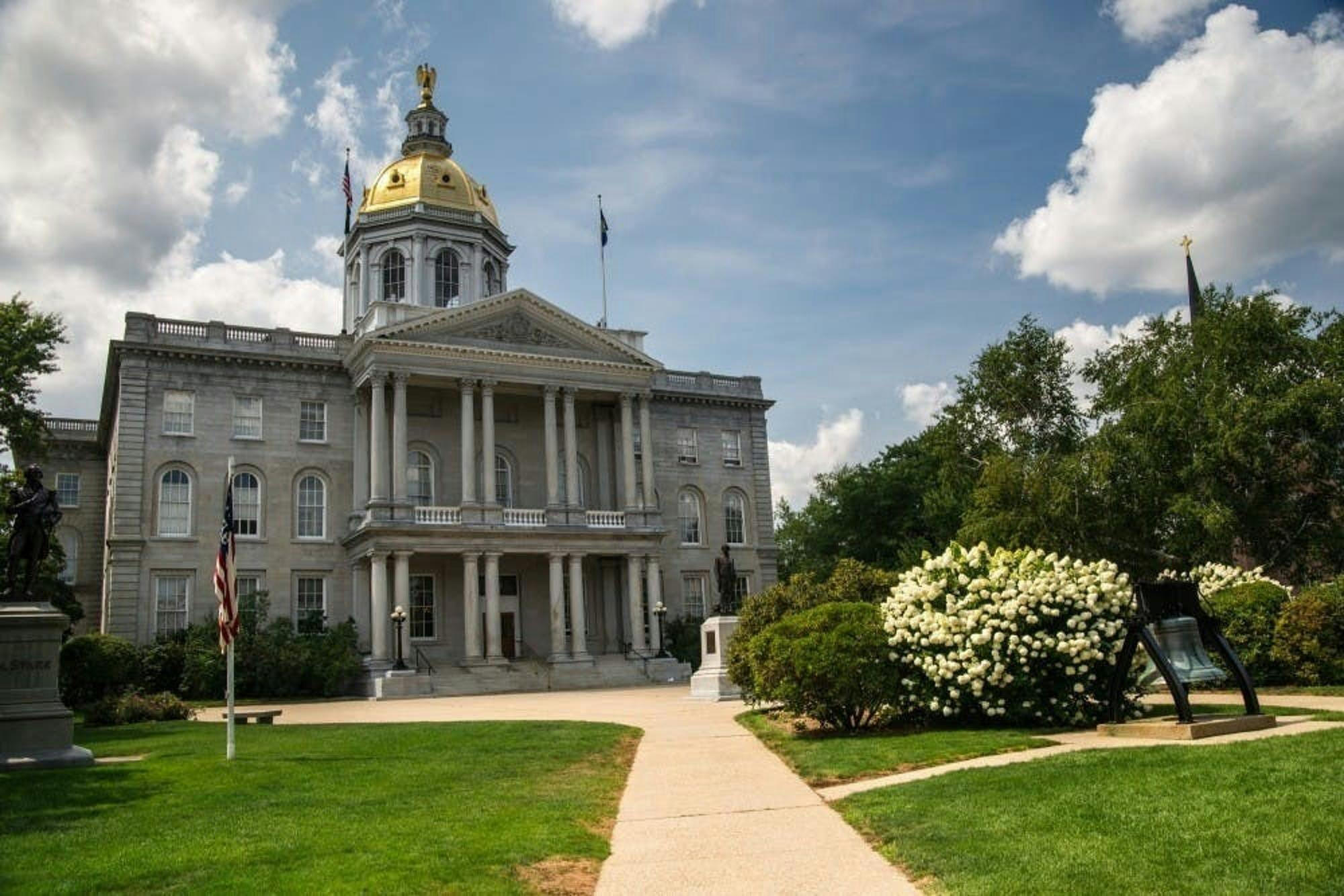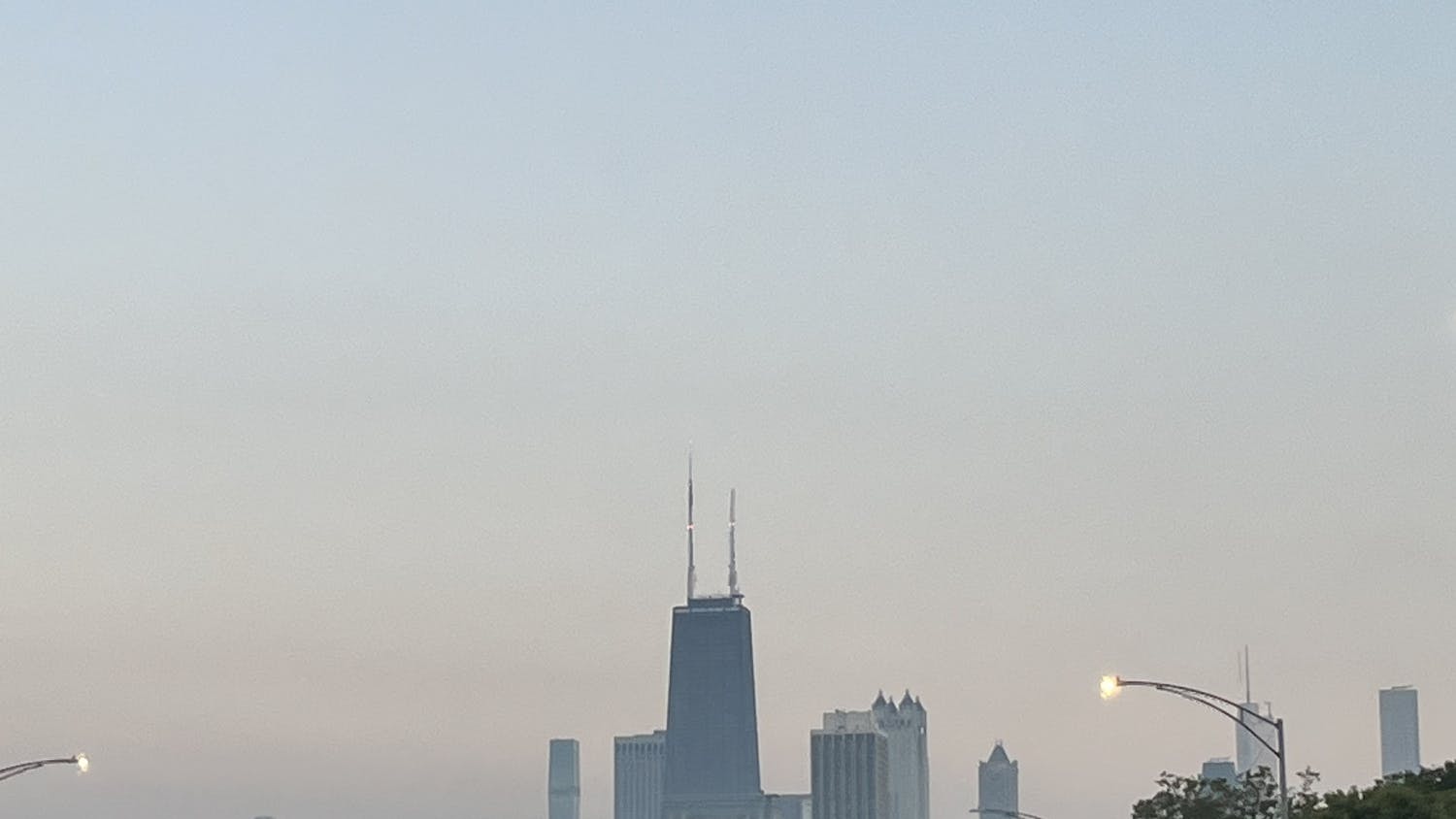For over a century, New Hampshire’s first-in-the-nation primary has been consequential for major party candidates eager to earn their party’s nominations. According to government professor and state legislator Russ Muirhead, D-Grafton 12, a performance in New Hampshire can either boost a candidate to national prominence or dash presidential dreams overnight.
“The New Hampshire primary compels candidates to engage in ... hand-to-hand campaigning, as opposed to just raising tons of money,” Muirhead said. “It puts candidates to a distinctive kind of test, where they have to show they can relate to people and they can persuade people face-to-face.”
In the run-up to 2024, however, the Democratic National Committee — the organization responsible for setting the party’s primary calendar — demoted New Hampshire to second place and moved South Carolina ahead. The rearrangement, requested by President Joe Biden, follows longstanding criticism that New Hampshire’s electorate does not represent the nationwide ethnic makeup of voters.
New Hampshire officials have publicly disagreed with the decision, arguing that state law mandates their nominating contest take place before any other primary. New Hampshire Secretary of State David Scalan stated he is determined to schedule the primary before any other state’s, citing the law.
“It’s been a challenge for us to accept the possibility of punishment for things that we can’t change,” New Hampshire Democratic Party communications director Colin Booth said, referencing criticism from voters about the situation.
If New Hampshire does not comply with the DNC’s new calendar, it may face penalties, potentially costing the state its delegates at next year’s Democratic nominating convention. Biden, the Democratic frontrunner, has also indicated that he may not file to appear on the primary ballot to comply with only DNC-sanctioned primaries, according to Muirhead. The result could lead to a showdown between national Democrats and party officials in New Hampshire.
“The Democratic National Committee does not schedule primaries or administer elections, and so I don’t understand why it’s trying to usurp that power,” Muirhead said.
According to Muirhead, if Biden does not appear on the Democratic primary ballot, it could drive voters to participate in the Republican primary instead. In New Hampshire’s electorate,over 40% of registered voters are independents, who are allowed to participate in either party’s contest.
“A lot of them will develop an allegiance to Republican candidates, which may even keep them voting Republican in the fall,” Muirhead said. “That’s why it’s really devastating not to have Joe Biden’s name on the ballot.”
However, Booth said he predicted that there will be an “incredibly robust write-in effort” among voters who wish to vote for Biden.
The make-or-break reputation of New Hampshire’s primary is especially relevant to the 2024 Republican presidential primary, according to former New Hampshire Attorney General and Republican strategist Tom Rath ’67. He said he considers the state to be the last stand for candidates against former President Donald Trump.
Trump continues to maintain a comfortable lead ahead of all other Republican candidates in the race, having consistently placed first in New Hampshire polls. Two of the former president’s closest competitors, former South Carolina Gov. Nikki Haley and Florida Gov. Ron DeSantis, continue to trail behind Trump by wide margins. Several less popular candidates, including former New Jersey Gov. Chris Christie, have suggested they may end their campaigns if they underperform in the New Hampshire primary.
According to Rath, the focus of the 2024 Republican primary has strayed far from the rules that have governed past contests. Rather than campaigning on positions and key issues, the main appeal of several candidates is “he’s Trump, and I’m not.”
“Trump has, among the people likely to vote, a fairly significant lead,” Rath said. “[Other candidates have] a lot of room to walk away, and that can happen here, but somebody’s got to find a way to catch lightning in a bottle.”
Republican candidates are likely to drop out before the New Hampshire primary if they find that they no longer have the resources, Rath said. Several candidates have already sidelined efforts to win over New Hampshire voters in favor of seeking out more conservative voters in Iowa.
“There’ll be some very difficult conversations inside some of the campaigns as to whether they continue to [run],” Rath said. “Nobody wants to stay in if they’re going to be beaten by 35 points.”
Rath added that a wide Republican field could ultimately split the primary vote, allowing Trump to win with a plurality of the electorate. If the Republican field were to narrow before the New Hampshire primary, a non-Trump candidate may have a better chance to win, he explained.
“If the vote stays scattered among six or seven people, Trump wins easily,” Rath said. “If the race comes down to Trump versus two others, it’s a very different race.”
Kelsey Wang is a reporter and editor for The Dartmouth from the greater Seattle area, majoring in history and government. Outside of The D, she likes to crochet, do jigsaw puzzles and paint.




